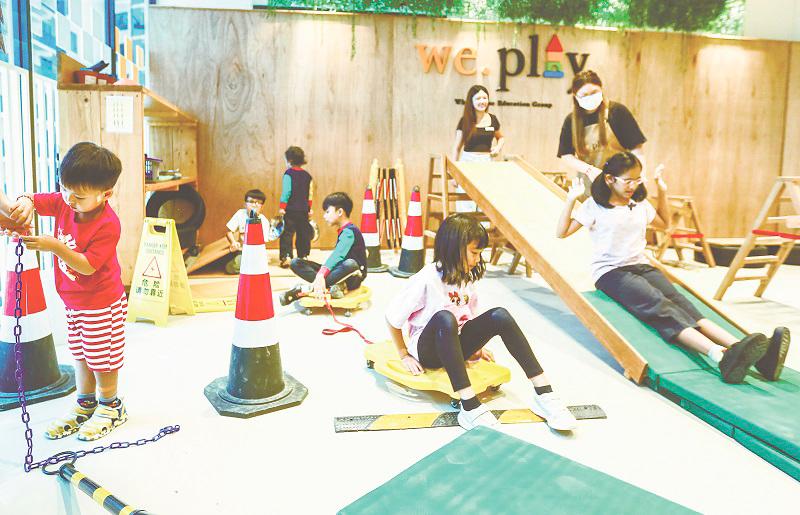PETALING JAYA: Anne Sivanathan believes that every child, regardless of their abilities, deserves a space where they can belong and thrive in an inclusive environment.
It is with this aim that she founded the Inclusive Outdoor Classroom (IOC) on Jan 31, 2016.
“I wanted children of all abilities to learn, play and grow together in an inclusive environment through sensory-rich activities and outdoor learning.
“Doing so will create a future society with fewer prejudices and greater understanding for the differently abled.”
Anne said as children with disabilities are taught separately in special schools or classes due to their unique learning challenges, she was concerned that their exclusion from mainstream schools meant that neurotypical children, who are those without any disabilities, had little interaction with them.
She said her dedication to inclusive education stems from a deep belief in equal opportunities for all children.
What began as a small initiative in the front yard of her home in USJ 11, Subang Jaya has since transformed into a classroom in a public field with sensory pathways, interactive play zones and accessible facilities for children with and without disabilities.
Its celebrated programme partners with global organisations such as the US-based World Forum Foundation and the Subang Jaya Municipal Council to create an accessible outdoor play environment.
The IOC, which currently operates at a dedicated space in USJ12, is funded by grants, sponsorships and partnerships with the Selangor state government, Penang-based Whytehouse Education Group and FWD Takaful as well as individual donors and fundraisers.
It needs about RM30,000 annually to sustain its programmes, with costs varying based on individual projects and expansion.
Anne said the programme, which is rooted in sensory-rich, hands-on activities that engage children with diverse needs, challenges the norm and proves that inclusion is not just possible but transformative.
From gardening, loose play, being creative with recycled items, playing music to storytelling and group problem-solving, each activity fosters collaboration and empathy.
Anne said among the IOC’s children are those with autism spectrum disorder, Down syndrome, attention deficit hyperactivity disorder, cerebral palsy and hearing problems.
“Some children face communication challenges such as being non-verbal, while others may have difficulties with mobility, sensory processing or behavioural regulation.”
The IOC teaches essential life skills, communication, social interaction and physical coordination. It relies on dedicated volunteers whose commitment is central to its operations.
It incorporates play-based learning and outdoor exploration to foster problem-solving, collaboration and creativity among children.
“I have witnessed the transformative power of inclusion in the children’s lives. For instance, through our weekly outdoor sessions, a non-verbal child began interacting with his peers and expressing emotions through play.
“There was no prejudice among them and the children just played together. It was a beautiful moment that reinforced why our work is so important.”
She said encouraging families with neurotypical children to see the value of inclusion was one of the biggest hurdles she initially faced, but building strong partnerships made a difference.
“The IOC is not just a place. It’s a movement that redefines what it means to belong, and over the years we have witnessed numerous success stories that showcase the transformative power of inclusion.”
Currently, the IOC supports 60 children enrolled in its programmes with ages ranging from three to 27.
Anne envisions a Malaysia where inclusive education for persons with disabilities becomes the norm, with schools having trained educators and resources.
Those who are keen to donate to the IOC or connect with it for collaboration can write to nsivanathan@hotmail.my









